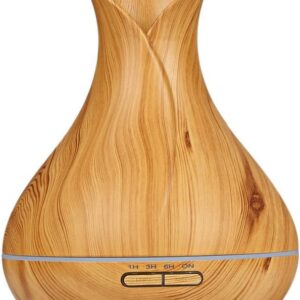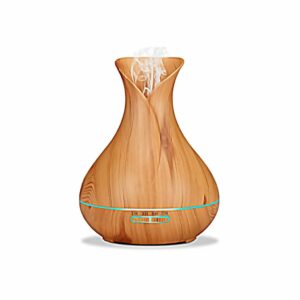400ml Ultrasonic Aroma Diffuser & Humidifier – Best Humidifier in Kenya
Original price was: KSh 4,500.00.KSh 2,999.00Current price is: KSh 2,999.00.Stylish, ultra-quiet 400ml aroma diffuser and humidifier perfect for Kenyan homes and offices. Enjoy up to 10 hours of misting, 7 LED light colors, timer control, and aromatherapy benefits. Ideal for dry air relief, stress reduction, and elegant décor.


